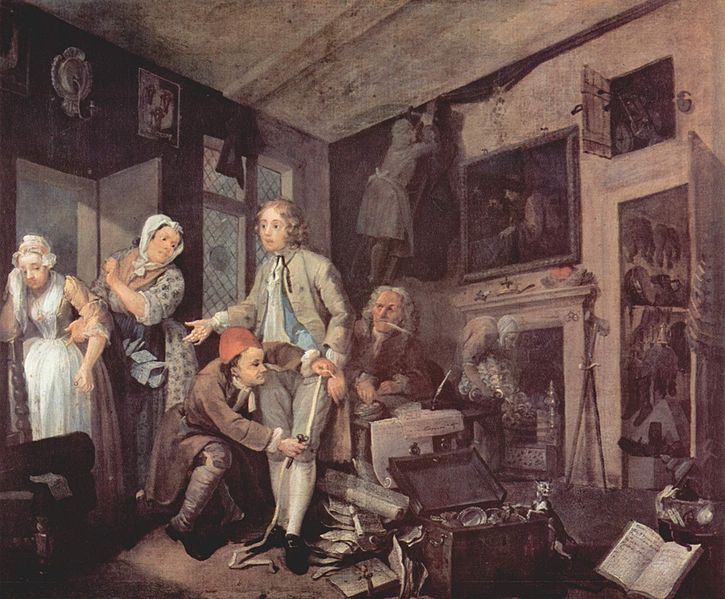This general election has already thrown up a few surprises (the Lib Dems second in YouGov latest opinion poll, anyone?), but the biggest surprise of the whole election campaign is the Tories inability to gain any significant political momentum. Given the economic conditions and the unpopularity of the incumbent government, the Tories must have believed that the election would be an easier fight than it has been...
The constant media references to the similarities between David Cameron and Tony Blair, have been somewhat misleading - giving the impression that the 2010 general election was going to be an inverse repeat of 1997, in which Labour swept to power on a popular tide of goodwill and hope. Probably a more insightful comparison would be to compare this election with 1992: the opposition in both examples are trying to reinvent themselves, attempting to throw off the shackles of negative public opinion and a lack of trust. Plus the rising spectre of increasing tough economic conditions, in which the harsh realities of a global recession will come to bear - the public may just be comforted by the devil they know.
There are several key factors which are impacting upon the Conservatives inability to gain a significant lead in the opinion polls:
- The Shadow Cabinet is weak and unable to connect with the public - in 1997 the Labour Shadow Cabinet was a significant strength of Tony Blair's election strategy, whether it was Robin Cook, Mo Mowlam, Gordon Brown, Jack Straw or David Blunkett; the Cabinet was prompted as a 'Cabinet of Talent'. Currently the Conservatives are appearing to focus solely on David Cameron and George Osborne, sidelining the poor(!) Chris Grayling for fear of costly gaffes. Even John Prescott was given meaningful airtime in comparison.
- Lack of a coherent message - the main focus of the Conservatives' election manifesto is the 'Big Society' in which the public can effect the running and management of many public institutions. The issues for most people are rooted in real problems, employment, transport or education, but the Tories have proposed an abstract concept that generates few pragmatic solutions for real issues. The Labour Party in 1997 offered a tangible response to the genuine concerns of the nation. The 'Big Society' is perceived as empty rhetoric, from the party that once claimed that "there is no such thing as society".
- Whilst other parties are weak on the topic of Europe, the Conservatives can not exploit their advantage - in the public's opinion the European Union is at a particularly low point, the rise of UKIP is testimony to this fact. The Labour Party and the Liberal Democrats are potentially committed to further European integration, but David Cameron is wary of using the populist EU stick to beat his opponents for fear that it may open old wounds, in the Conservative Party, that have only been plastered over - not healed. Witness the undercurrent of discontent at the 2009 Conservative Party conference, with David Cameron's pledge that if the Lisbon Treaty was ratified the next Tory government would work within its parameters.
- David Cameron's inability to connect with many of the electorate - whether this is due to old fashion class prejudice or the perception that he is style over substance, David Cameron has struggled to find a voice that speaks to a majority of people. This is not helped by an advertising campaign, organised by Andy Coulson, that appears to be confused and artificial. Most elections that are fought on the concept of 'change' have their vanguard amongst a section of the population that have been under-represented in previous regimes; youth, working class or ethnic sections of the community. It is difficult for the general public to believe that a privileged and wealthy white man is sincere about significant change - also it is not a typical election pledge by a party that is perceived to be more concerned with the conservation of society rather than its radical overhaul.
- The inability of the Conservative Party to reassure the public that the recession would have been better under their guidance - even though there are significant differences between Labour and Tory economic policy, it would have been impossible for the Conservative Party to have claimed that they would have avoided the recession with tighter regulations of the banking sector. After all it was the Conservative Party that actively encouraged deregulation of the finance sector allowing 'bankers' the freedom to recklessly gamble the country's economic stability by chasing larger profits.




No comments:
Post a Comment